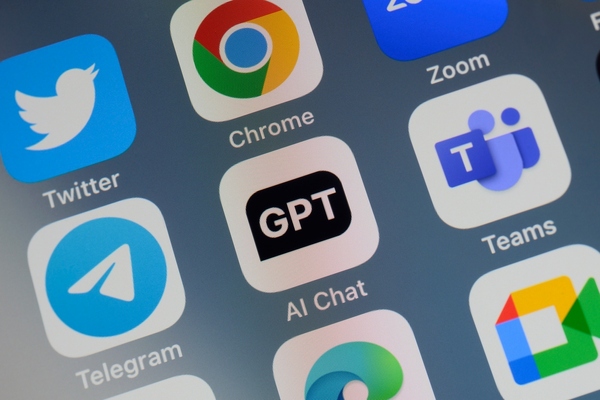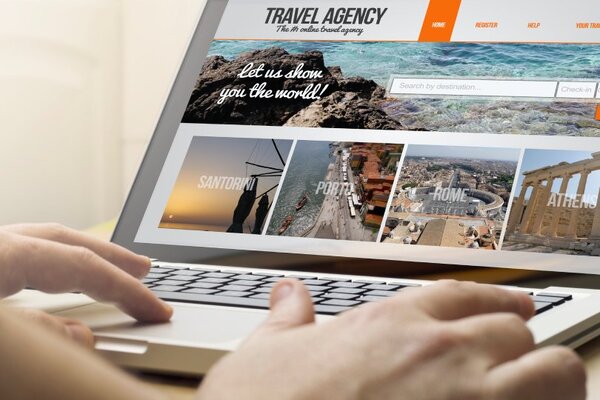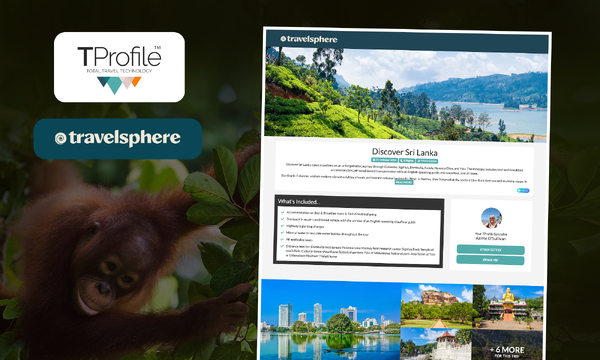‘ChatGPT can't yet rival a good agent, but offers a glimpse into the future’
We’ve heard so much about AI and “large language models” (LLMs) since OpenAI smashed through to the mainstream after releasing ChatGPT3 to an unsuspecting public in late December.
Estimates on the general impact of LLMs range from a disruptive effect on productivity and innovation (plus or minus depending on the sector) to utterly transformative on everything and anything – i.e., a second industrial revolution.
Most commentators lean towards the conservative end of the spectrum predicting LLMs such as ChatGPT will not disrupt everything in and of themselves.
Even at this end of the spectrum, the impact is likely to be massive – with a 20% impact on productivity, we would see jobs disappear and entire sectors disrupted.
Travel is an obvious sector for innovative disruption.
Even without up-to-the-minute information, ChatGPT4 gives reasonable itinerary suggestions. It’s not at the level of a decent travel agent yet, but… convenience tends to trump quality.
The transformative effect will happen once the ability of LLMs to write coherently is combined with other travel data sets. We’ve already seen Expedia launch a trip-planning function in their app powered by ChatGPT.
The quality of the output remains to be seen, but the speed of deployment is impressive and shows the rate at which this is moving.
The issue is that once you’ve signed up to ChatGPT and asked it to write a sonnet, what then? Most of us aren’t working for Google, Facebook or Expedia. We’re not sitting on huge budgets alongside teams of scientists.
Should we ignore it – people will always want people to plan their holidays, right? Focus on what we do best and let the future take care of itself?
Perhaps, but the speed at which this is moving (Expedia’s repaid deployment is a minor example) is a lesson – the adoption of this technology as it stands right now (never mind where AI could go in the future) is galloping along exponentially.
There are massive potential benefits to moving quickly. As we come through the pandemic, travel businesses are struggling with resources. Can we use these tools to help us do our jobs better and more quickly? Can we use this technology to help improve our customer experience at a micro-scale?
The best way to investigate is through play. Individually and as a team. You’ll find it works brilliantly for some tasks, poorly for others. You’ll quickly discover where it can help you and where it can’t.
Someone recently described ChatGPT in the workplace as like a “smart, undergraduate-level assistant, who works incredibly quickly, but has a tendency to make s*** up”.
Get it to write a framework for a presentation, a structure for a workshop, background research on a blog post, brainstorm possible names for a new product – whatever comes up. These might not be game-changing, but they will let you get a feel for the power of ChatGPT, save some time and maybe catch a glimpse of the future.
Taking it further, travel companies could set up working groups to play with possible use cases around our customer journeys. Heck, we could even pool our resources and work together on this.
Where do humans add value, and where could technology fill the gaps? What gold do we have in our own data sets? How could we combine those data sets with LLMs to add value for our customers?
Admittedly you might need someone with a computer sciences degree to help take it up a level, but there’s an app now for writing code, too; it’s called ChatGPT.
Sam Clark is co-founder and managing director of Experience Travel Group
Sign up for weekday travel news and analysis straight to your inbox
Supplier Directory
Find contacts for 260+ travel suppliers. Type name, company or destination.













